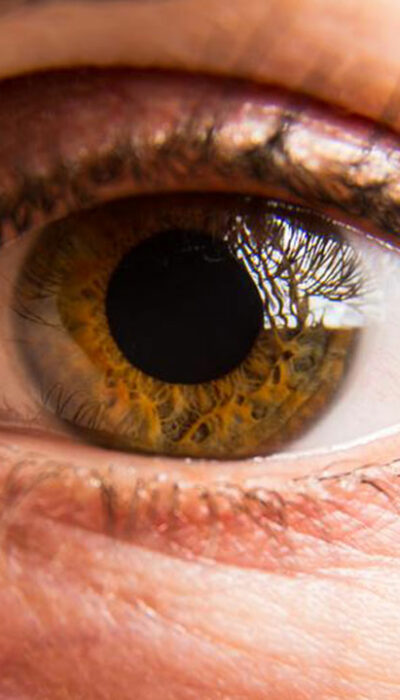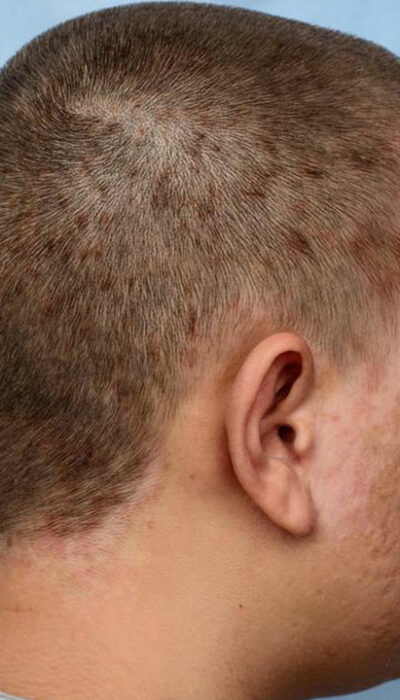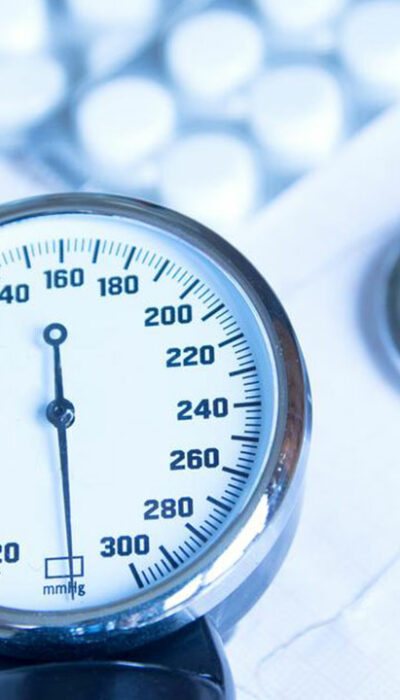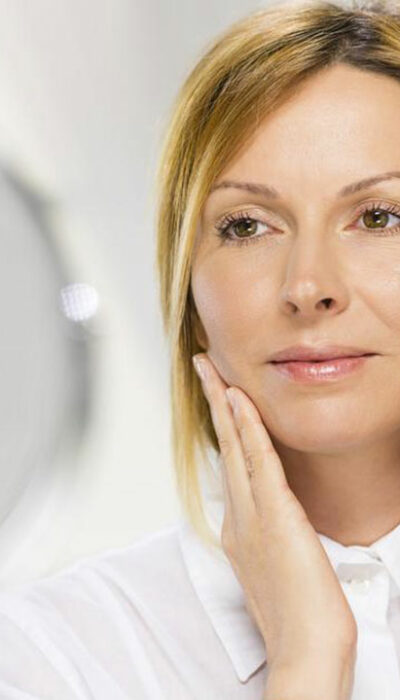
Foods that Provide Best Eye Vitamins
One of the most important organs of our body is our eyes. Rising exposure to radiation, pollution, working for long hours results in excessive stress on eyes. One of the common eye problems faced by youngsters today is blurring eyesight caused due to excessive stress on eyes. Along with blurring eyesight, people often suffer from burning eyes sensation, watery eyes, itchy eyes and other eye ailments. Our sedentary lifestyle and lack of accurate sleep cycle are one of the prime reasons for people suffering from eye ailments. In addition to this, food intake to plays a crucial role when it comes to maintaining eye health. People today are glued to their laptops, television, phone, tablet and other radiation exposing lights. The lights exposed through these gadgets directly affect the sharpness of the eyes thereby resulting in blurred eye vision. However, with proper care and a healthy diet, one can maintain a healthy eyesight. Following are food with best eye vitamins which will help in maintaining a healthy eyesight. Seafood Foods that are rich in omega-3 are highly recommended for maintaining a healthy eyesight. Seafood namely salmon, tuna, sardine, and mackerel have a high omega-3 value, which are best vitamins for eyes. These omega-3 fatty acids work against dry eyes, macular degeneration and also work towards avoiding cataract formation in the eyes. If you avoid or are allergic to seafood then you can opt for fish supplements which are available in the market. If not even fish supplements, then you can go for black currant seed oil or flaxseed oil. Leafy vegetables We have been frequently suggested by doctors that a regular intake of leafy vegetables will ensure a good eyesight even in your aging years. To maintain good eyesight a sufficient intake of vitamins namely lutein and zeaxanthin are mandatory.










